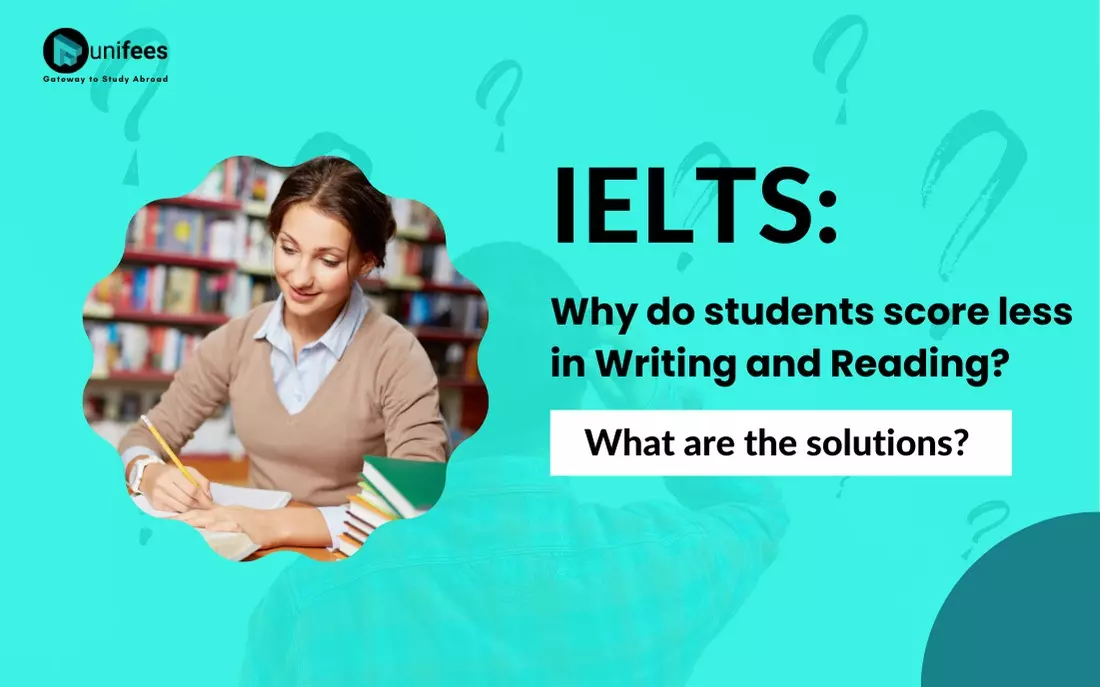
Research has shown that Writing and Reading are the two IELTS bands that students consistently score the lowest in.
There are several reasons for the above and several remedial actions that students can take.
There are several reasons for lower scores in the Reading section of the IELTS. Today’s youth are accustomed to bite-sized pieces of info and invariably shy away from anything longer. Social media exploits this tendency to the fullest and often bombards students with bite-sized promotions. As a result, attention spans are getting shorter and shorter and as a result, students perform poorly at tests that require them to read longer texts. To solve this problem, students should first identify areas that interest them, like sport, fashion or even natural sciences and get accustomed to reading longer texts on subjects that interest them. While this is easier said than done, consistent effort invariably pays off. There is a plethora of articles and papers on the internet and searching for articles that interest you should not prove too difficult.
Another reason that students often perform poorly in Reading in the IELTS is that their fundamental reading abilities, as compared to students of the previous generations, are deficient. The basic ability to understand text often suffers due to a ‘different’ schooling background and other causes. To solve this we, at Unifees, recommend starting a ‘Graded Readers’ program. This facility is available for all Unifees students. Students start with Graded Readers at a rudimentary level and work their way up. This program fosters enhanced reading abilities and ultimately results in a better IELTS Reading score.
Writing, on the other hand, is one of the most technical sections in the IELTS. Often, students are unaware of the Writing Band Descriptors and write the IELTS report and Essay without taking the band descriptors into account. IELTS places great emphasis on Coherence and Cohesion. The ability to organize your writing and guide your reader skilfully through transitions in your essay is of paramount importance. Also, addressal is often neglected by students and teachers alike and off-topic essays or essays that do not cogently back up a perspective will inevitably lose marks. To rectify these problems, it is recommended that students understand these criteria better while learning how to structure their essays better and adding cohesive devices that skilfully guide the reader between the ideas in the essay. Also, it is immensely helpful to concentrate on the question that has been asked in the prompt and focus on answering it without digressing.
In addition, lexical resource (vocabulary) is another neglected band descriptor and students do not incorporate advanced lexical resource into their essays. Lastly, most students do not possess facility over a range of grammatical structures and do not consciously use a variety of sentences and other structures. To solve this problem, cultivate an ‘IELTS’ Vocabulary with the help of a professional trainer and also learn the various kinds of sentences and non-essential sentence components in English.
All problems have solutions and the more students focus on the solutions and take proactive steps to convert their weaknesses into strengths, the better the results will be at the end of the day.
